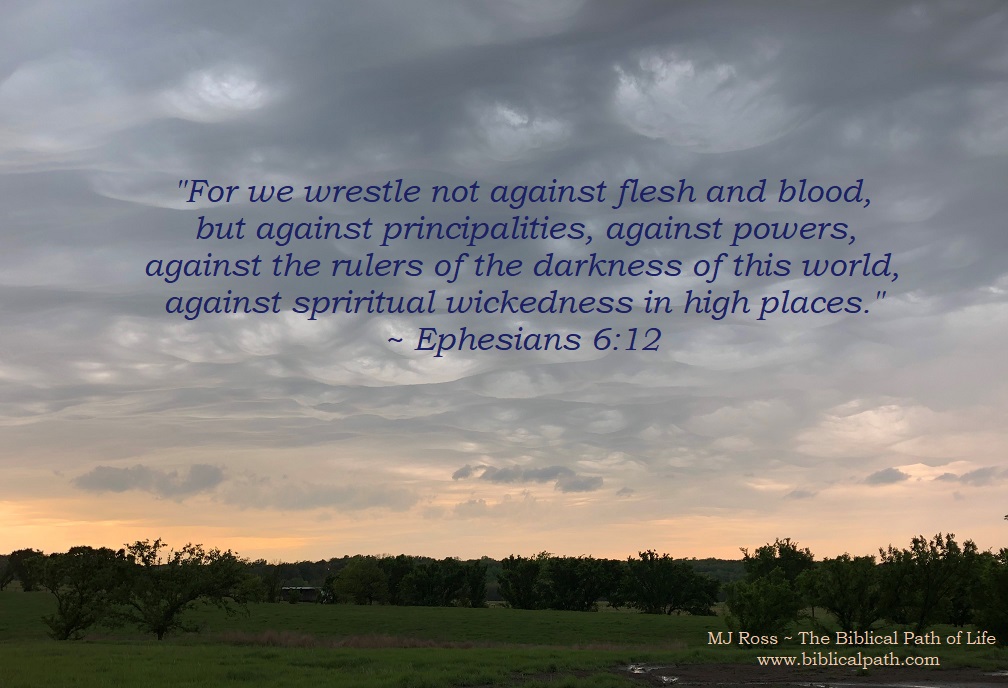
Key Verse
He that hath the Son hath life; and he that hath not the Son of God hath not life.
—1 John 5:12
Key Verse Thought: Read today’s Key Verse. Do you know who the “Son” is? (Jesus.) Use the following definitions to help you understand this verse better:
- He that hath means “to have firmly in mind; to have God and Christ and to hold fast to Them: i.e. to acknowledge with love and devotion”
- Life means “blessed life; life that satisfies; being indwelt by God but not necessarily favored by circumstances; also the doctrine of eternal life, i.e.: that life of bliss and glory in the kingdom of God which awaits the true disciples of Christ after the resurrection”
In this lesson, we will learn the difference between one who is a Christian and one who is not a Christian (one who has not acknowledged or trusted upon Christ – lost).
Emphasis: We are to understand that there is a definite difference between a Christian and a lost person. In reading God’s Word, there is no room left for doubt as to what constitutes a Christian life, and how God expects each Christian to live – not only in their own Christian walk, but in their relationship with one another.
Lesson Summary: The book of 1 John was written by John, one of Jesus’ twelve disciples. John wrote this book as a verbal eyewitness: one who had seen Jesus and knew He was God’s Son. He wrote to Christians, warning them to walk in the light, not forgetting that Jesus died for the sins of man in order to restore the broken relationship between God and man. In order to reveal in one’s life that they understand this, one must obey God’s Word. It is then that Christians can have fellowship and right relationships with one another. John taught that there are different stages of a Christian’s life. He addressed them as: little children, fathers, and young men. After addressing these different stages of a Christian’s walk, John warned all Christians of any age to not love the world or the things of the world.
John wrote not only how to become a Christian, but how to determine the difference between one who is a Christian and one who is not. He listed many “tests” found within the book of 1 John to help one understand the difference: Light and dark; a Believer and an unbeliever; a wrong relationship compared to a right relationship; those with God and those without God; the Spirit of God with the spirit of antichrist; and those who have life with those who have not life. Before ending this book, John reminded Christians that they are not to sin. Instead, Christians are to learn to be on guard, keeping from sin – understanding that as we choose to walk with God, Satan is hindered in troubling us (see 1 John 5:18.)
Y3Q4 – Lesson 9 Questions
Y3Q4 – Lesson 9 Children’s Worksheets
The Biblical Path of Life Year Three – Quarter Four is available through Amzaon.








